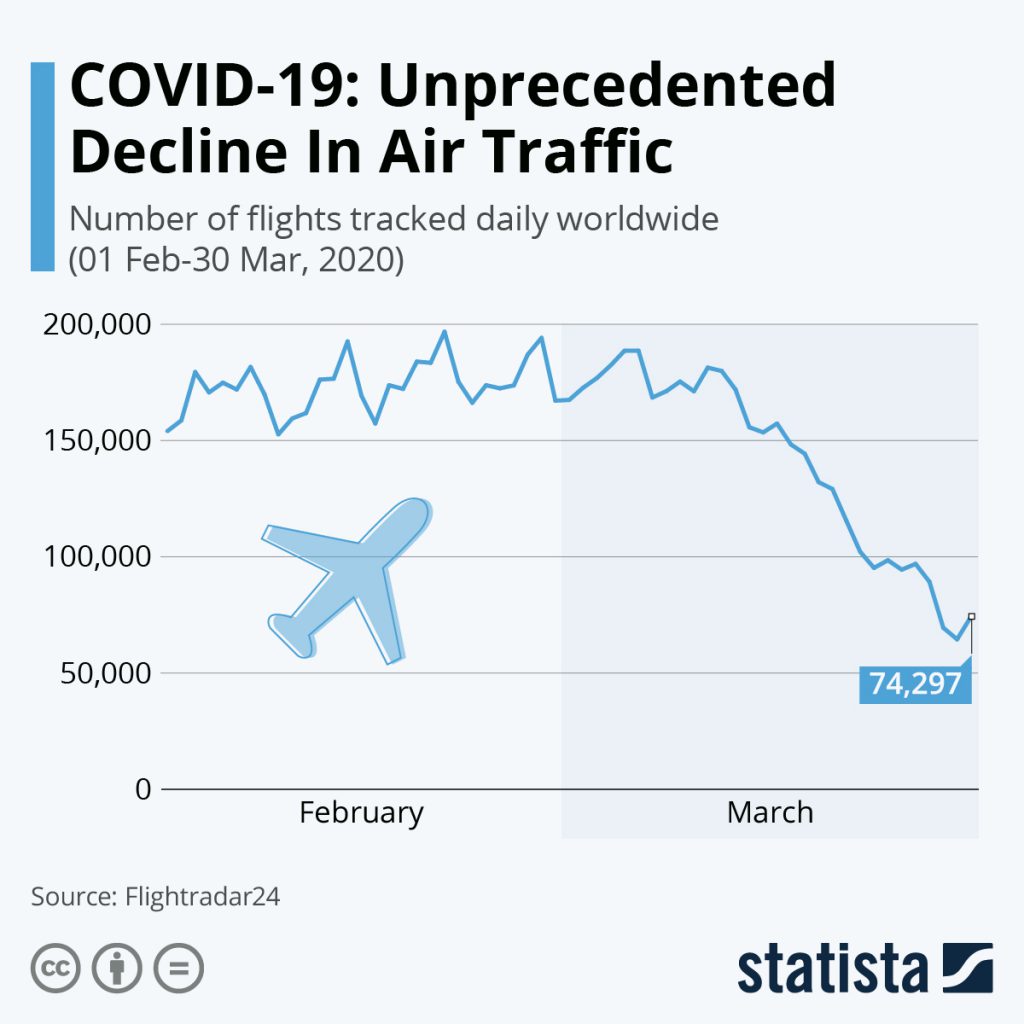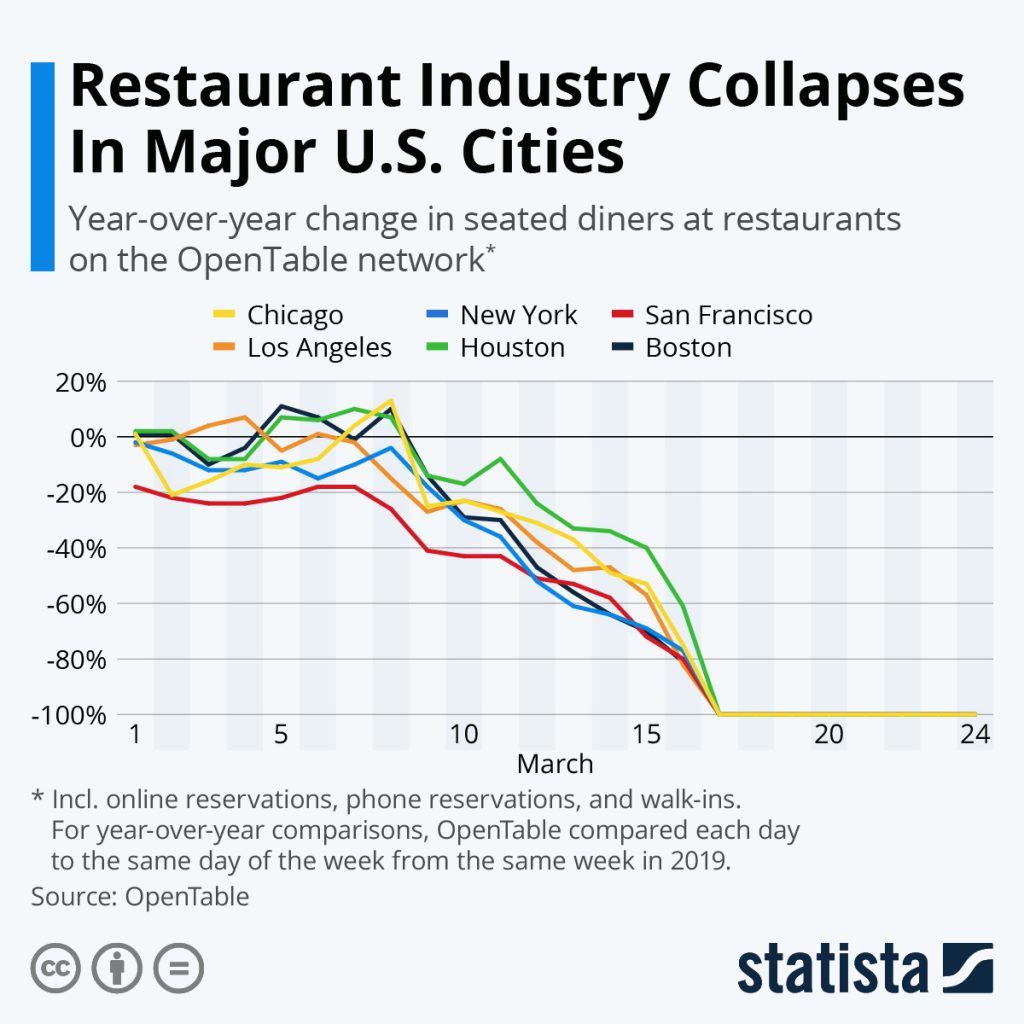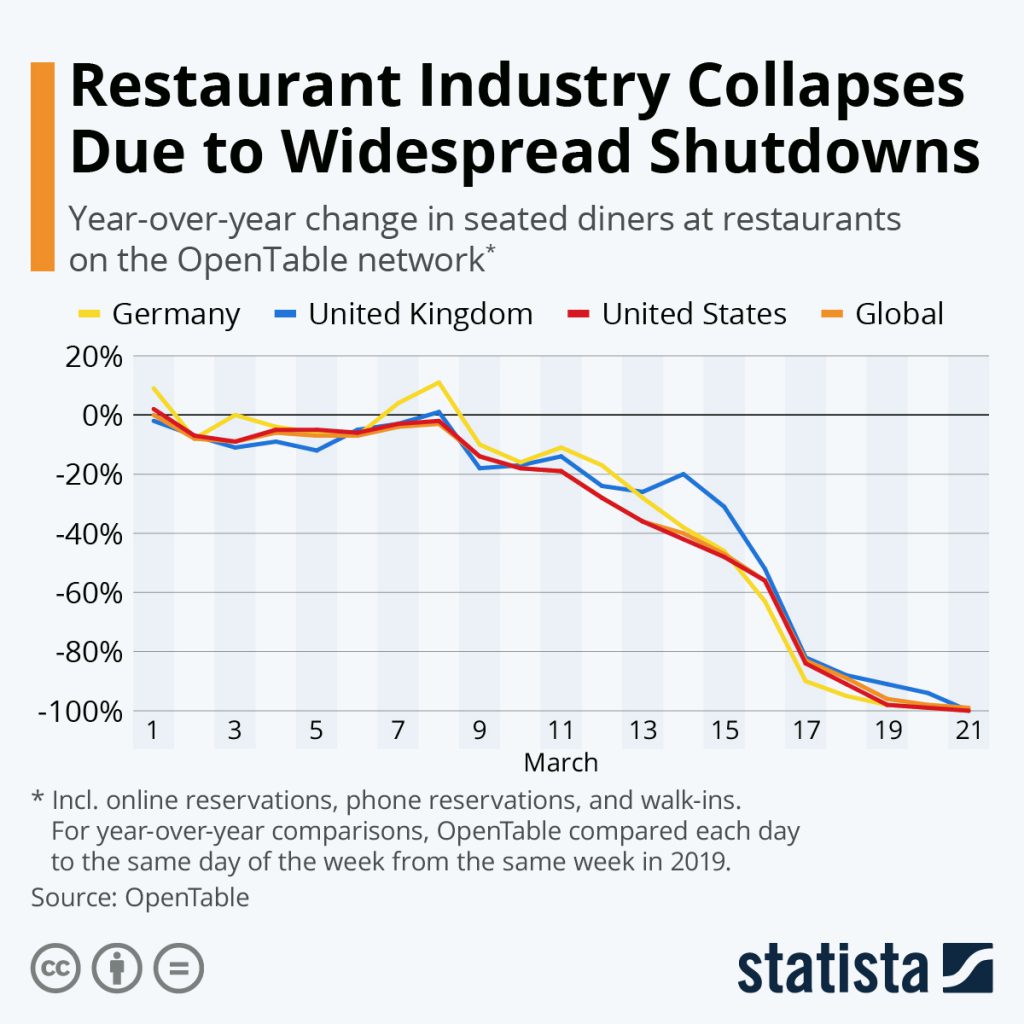The world still struggles about a convincing strategy to handle the #coronavirus crisis. Radical alternatives focus around (i) herd immunity and selective social distancing and (ii) a total lockdown of the economy and the entire society. Heavily debated is a recent article in the “Jerusalem Post” on Corona and Lockdown on
by Robert M. Sauer, Professor at Royal Holloway, University of London, and Donald S. Siegel, Professor at Arizona State University.
Some core messages of the article:
- The current experiment that is being conducted by supposedly democratic governments throughout the world follows not the standard ethical principles of social experiments.
- There is no appropriate cost/benefit analysis of the consequences of the proposed actions.
- Media have sensationalized the spread of the virus and pressured policymakers to lockdown entire economies with huge economic and social costs.
- Social distancing and strong and focused reactions can be achieved differently.
- One needs now to discuss the recovery.
In previous posts the GLO website was reporting about the strategy of lockdown; we now complete the picture by listening to the Sauer & Siegel arguments who also deserve attention. The topic is too important, globalization so much endangered so that we need to have this debate. The link to the article is above, below follows an interview with Robert M. Sauer about his position.
GLO Fellow Robert Sauer is a Professor of Economics, Royal Holloway, University of London, and the Editor-in-Chief of the European Economic Review, European Economic Review Plus and the Journal of Economics, Management and Religion.
Interview
GLO: China seems to have managed the Corona Crisis well at the end; what is wrong with the harsh lockdown strategy now implemented in most affected countries, in particular in Israel, following the Chinese model?
Robert Sauer: I believe it is hard to know whether China managed the crisis well. It is well known that all news and data coming out of China is highly suspect. It is also not surprising that a lockdown strategy was implemented in an authoritarian society. What is surprising is that a Chinese authoritarian model would be adopted in the liberal West. The West should rather follow the model of South Korea which is an open society. South Korea did not adopt a policy of indiscriminate lockdown and it seems to have, until now, verifiably handled the crisis with great success. The harsh lockdown policies being implemented in the West, including Israel, will have horrendous unintended consequences. These include massive increases in unemployment, increases in domestic violence and deaths of despair, just to name a few. It is not improbable that the cure will turn out to be worse than the disease. Lockdown is also a terrible precedent for future “crises” in public health and is, in my view, a violation of human rights. Anyone who cares about individual liberty should be very frightened.
GLO: Social distancing is crucial to keep the healthcare systems operational is the argument; and it cannot be sufficiently implemented without legal restrictions. Why do you think that this is wrong?
Robert Sauer: The argument that social distancing is a necessary condition for avoiding an inundation of healthcare systems is a spurious one. Instead of spending billions for unemployment insurance and corporate bailouts, governments can increase expenditures (by much less) by immediately producing more hospital space (e.g., building field hospitals and renting rooms in hotels) and ordering the production of more ventilators. A good example is Richard Branson’s recent offer to produce thousands of ventilators for the state of California. The health system may already be, and would certainly be in a very short time after these policies, able to handle the caseload while society remains mostly open for business as usual.
GLO: Some governments started hesitantly, but now policy actions are dramatic everywhere, why this “availability cascade”?
Robert Sauer: Certainly the government of Israel didn’t start hesitantly. It implemented lockdown when there were no deaths yet in the country. In fact, it would be interesting to see the number of deaths at the time that lockdown was implemented elsewhere. I’m guessing it would show that lockdown occurred very early in the “crisis” in most cases. This is because the international press made us believe that the Italian case was heading our way in a very short time. The data clearly show that Italy is an outlier in many health dimensions and the Italian case is hardly generalisable to other countries.
GLO: Do we have sufficient data to judge the situation well enough to develop a convincing strategy at all?
Robert Sauer: In my view, the best guesses at the death rate that we have now (they are guesses because the problem of selection bias is a huge one, however, it is most likely severely biased upwards) comes nowhere near justifying the affront on individual and economic liberty that the lockdown strategy constitutes. The default strategy should be to not violate freedom. If we do, we are setting a precedent that may lead to the West falling back into authoritarianism, this time through fear-mongering in the name of public health. The government may play a useful role in promoting voluntary social distancing and other recommendations for a healthy lifestyle. This should almost never be imposed by fiat.
GLO: Policymakers typically like to concentrate on short-term issues, while scientists focus on the long-run effects. Are policymakers too short-sighted?
Robert Sauer: They are absolutely short-sighted. In this case, as in many others, I believe politicians have a very strong incentive to over-insure against the number of deaths under their watch. As Dr. Peter Gotzsche MD of the Cochrane Collaboration has said, “Should it turn out that the epidemic wanes before long, there will be a queue of people wanting to take credit for this. And we can be damned sure draconian measures will be applied again next time. But remember the joke about tigers. ‘Why do you blow the horn?’ ‘To keep the tigers away.’ ‘But there are no tigers here.’ ‘There you see!’. I think he’s right. Our short-sighted politicians and our failed public health officials will indeed take the credit. And there seems to be little downside to imposing authoritarian lockdowns. There is little pushback by the public who are scared. It will be interesting to see if that may soon change.
GLO: What are the most important steps for a fast exit strategy?
Robert Sauer: The most important steps are increased production of hospital space, ventilators, test kits, massive testing, fast approval of drugs that are working in the field, and last but not least, immediately ending mandatory lockdown.
GLO: If this is not handled better, is this the end of globalism?
Robert Sauer: This is an extremely dangerous opening shot at the end of globalism and a resurgence of authoritarian government policies in the liberal West.
*************
With Robert Sauer spoke Klaus F. Zimmermann, GLO President.
Related GLO research:
Yun Qiu, Xi Chen & Wei Shi (2020):
Impacts of Social and Economic Factors on the Transmission of Coronavirus Disease 2019 (COVID-19) in China
GLO Discussion Paper, No. 494. Introduction.
See also recent interviews on the coronavirus:
– March 30, 2020 with CCG President & GLO Fellow Henry Wang on globalization
– March 28, 2020 with GLO President Klaus F. Zimmermann on the future of work
– March 16, 2020 with GLO Fellow Xi Chen of Yale University on the virus in China
– March 9, 2020 with GLO Fellow Ferdinand Dudenhöffer on the car industry
Lockdown consequences including

1) 
2) 
3)
1) Air Traffic Reference
2) US Cities Restaurants Reference
3) Global Restaurants Reference
Ends;



